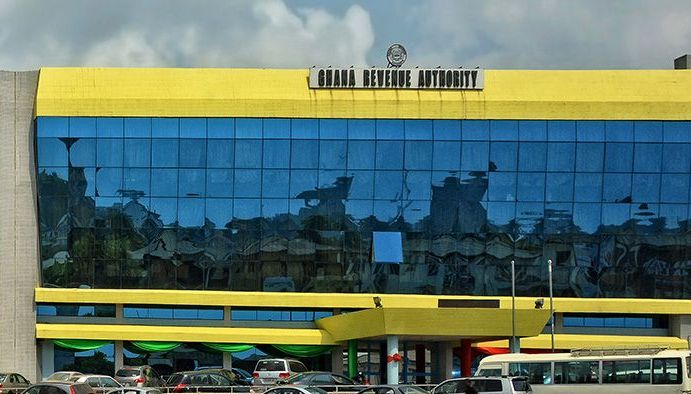
Audio By Carbonatix
Management of Ghana Revenue Authority (GRA) has entreated importers and the public to comply with the Tax Laws and procedures to ensure smooth trade facilitation and maximize revenue for national development.
It said the GRA was also committed to supporting Government’s agenda of enhancing education at all levels and would do all it could within its mandate to support education.
A statement issued in Accra by the Authority said its attention had been drawn to an online publication headlined "GRA halts two helicopter ‘gifts’ to KNUST over taxes.”
It said Section 75 of the Customs Act 2015, (Act 891) referred to temporary admission, as a Customs procedure that allowed goods to be temporarily brought into the country for a specific purpose without the payment of import duties or taxes.
It said this procedure was designed to facilitate international trade, reduce cost, and promote temporary cross-border activities.
The statement said goods that were temporarily admitted into the country under this regime were expected to be re-exported within a certain timeframe, usually 90 days or a specific period for activities such as trade shows, exhibitions, repairs, or other temporary uses.
"Appropriate documentation, including a Customs declaration, is required to initiate the temporary admission process," it added.
These documents specify the intended use and the expected re-exportation date. Failure to meet this deadline will result in the payment of the “suspended” import duties and taxes.
It said the Customs Division required a guarantee / security such as an insurance bond or deposit, to ensure revenue was not lost if the goods or items in question were not re-exported.
The statement said all countries including Ghana, impose restrictions on the types of goods that can be temporarily admitted and the purposes for which they could be used.
It said as such, Customs procedures for temporary admission come with conditions which vary from country to country.
"Non-compliance with the terms of temporary admission can further result in sanctions, such as fines or forfeiture of the goods to the State," it said.
It said for the incident in question, the mining firm brought in the two helicopters in 2020 under the Temporary Admission Regime, which required that they are re-exported after the agreed period.
"If the firm wishes to transfer the ownership of the helicopters to a third party (Kwame Nkrumah University of Science and Technology), they are required to pay the appropriate taxes and duties before handing them over to KNUST," it said.
The statement said this would prevent the possible abuse of the Temporary Admissions Regime by importers who apply for the waiver of duties but resort to donating the equipment as scrap as a way of evading payment of taxes.
It said KNUST had not imported any equipment into the country and therefore is not liable for import duty or taxes.
Latest Stories
-
Life begins at 40: A reflection on experience and leadership
19 minutes -
Maresca leaves Chelsea after turbulent end to 2025
43 minutes -
NPP still hurting after 2024 loss – Justin Kodua
53 minutes -
Ghana declares war on illegal streaming of pay-TV content
56 minutes -
Vice President leads 44th anniversary commemoration of 31st December Revolution
57 minutes -
Valencia coach Fernando Martin dies in Indonesia boat accident
1 hour -
Nigeria AG’s intervention brings relief to River Park estate investors – JonahCapital
1 hour -
High number of youth behind bars is a national loss – Ashanti regional prisons commander
2 hours -
Nhyira Aboodoo shifts to monumental projects, injects GH₵270,000 into Ashanti orphanages
2 hours -
Police restores calm after swoop operation at Aboso
2 hours -
Through thick and thin in 2025: KGL Group makes national, global impact
2 hours -
Clean Air Fund sets 2026 targets, pushing gov’t toward funding, tougher laws and real health gains on air pollution
3 hours -
New Year begins with 15.92% water and 9.86% electricity tariff hikes
3 hours -
TUC, PURC call for calm amid power tariff concerns, assure public of stakeholder engagement
3 hours -
New VAT is a game changer for Ghana’s revenue collection – GRA Boss
3 hours

